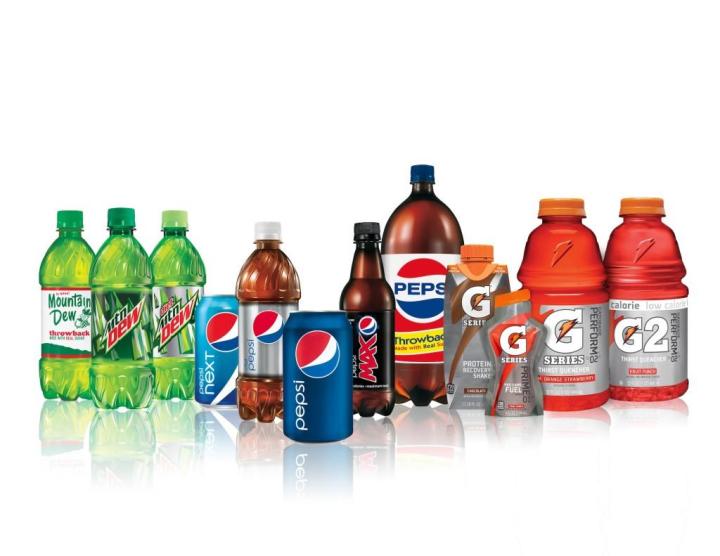
Not that we’ve ever dunked our noses into a glass of Pepsi, because we’re not total weirdos, but according to a new patent filed by the soft drink manufacturer, PepsiCo Inc. is looking to develop a “scent capsule” under the cap of its plastic bottles so that each time the bottle is unsealed, a refreshing smell wafts over as you consume the sugary goodness. Sounds like an odd idea, but smell is one of our most primal senses, so we’ll play along here.

“The aroma of a product is often not adequately revealed when the consumer opens the container because the orifice through which a product is dispensed is small or a safety film is used,” the inventor describes. And even if when the consumer smells anything, it’s mostly the scent of the plastic that holds the drink. “[It] is often difficult to deliver adequate aroma to a headspace of a container that comes from the beverage itself, and not from the container.”
This system would extend to more than just Pepsi sodas. PepsiCo accounts for a variety of soft drinks, such as Tropicana, Gatorade, and Naked – and with juice naturally known for their acidic fragrance, this patent might be more useful for Naked shakes than making cola smell more … caramel-like? It’s going to be a while until PepsiCo implements the scent capsules in its screw-top plastic bottles so you won’t have to worry about preparing your nose any time soon. But if our sense of smell is as strong as the urge to get coffee every time you smell a freshly brewed cup from that cafe down the street, perhaps Pepsi is truly onto something here.


